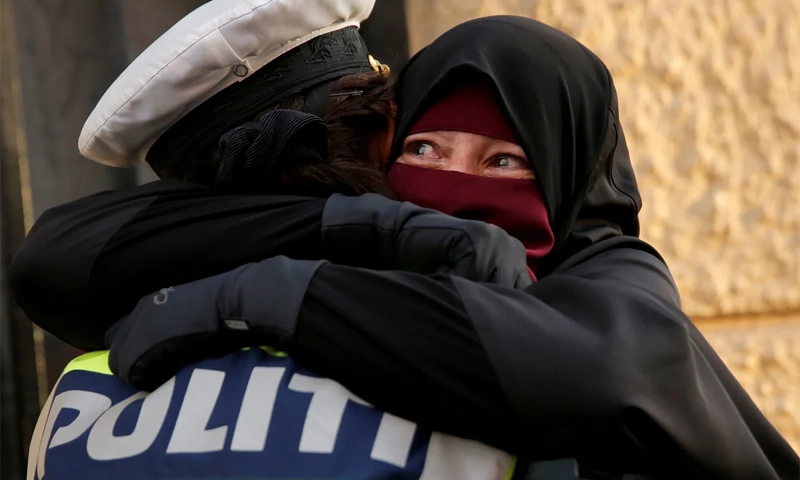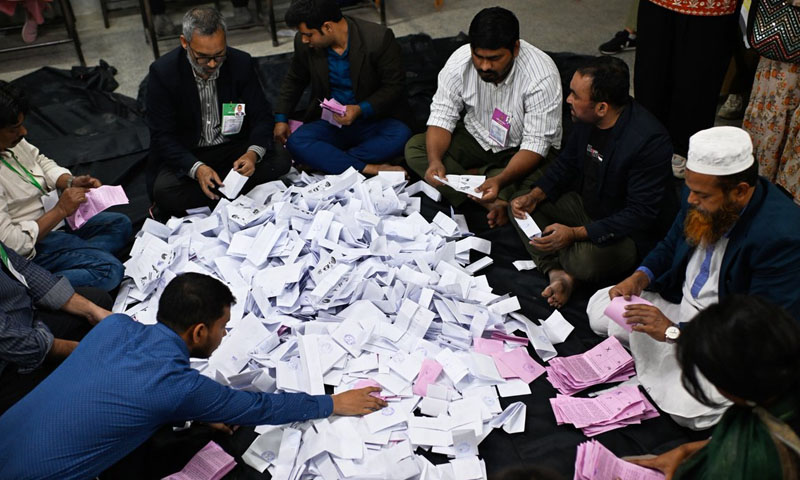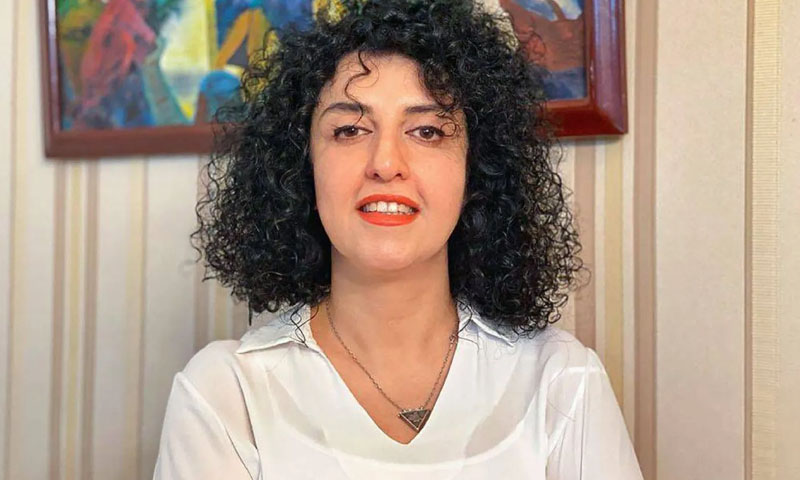- Web Desk
- Today
Denmark aims to extend full-face veil ban to schools, universities
-

- AFP
- Jun 05, 2025

COPENHAGEN: Danish Prime Minister Mette Frederiksen said on Thursday her government planned to extend the ban on full-face Islamic veils in public places and apply it to schools and universities as well.
She also said she wanted to see an end to prayer rooms at universities but stopped short of calling for an outright ban.
“God has to step aside. You have the right to your faith and to practice your religion but democracy takes precedence,” she told Danish news agency Ritzau.
In August 2018, Denmark banned the wearing full-face Islamic veils like the burqa and niqab in public places, with offenders subject to a fine.
Human rights campaigners and religious groups have criticised the ban as discriminatory and as a violation of both freedom of religion and women’s freedom of choice.
Supporters argue it enables Muslims of immigrant backgrounds to better integrate into Danish society.
‘SOCIAL CONTROL AND OPPRESSION’
Frederiksen alleged that prayer rooms at universities could be used for “social control and oppression”.
She said her government would start talks with universities to have them removed.
“It’s not a discussion about whether we want them or not,” Frederiksen said.
“We are actively taking a position that we don’t want them because they are used as a mechanism of oppression against girls and potentially boys as well.”
Frederiksen said she did not know how widespread the phenomenon was.
“For me, it’s not just the scale that matters. I’m the prime minister of Denmark. I’m also a woman. And I can’t tolerate the oppression of women.”
HOW DID IT STARTED?
It was in May 2018 when Denmark passed a ban on full-face veils. The legislation came into effect on August 1 later that year.
The veil ban started in the European Union by France, when it prohibited the practice in April 2011. Earlier in 2004, it prohibited conspicuous religious symbols in state schools.
Later, Belgium followed France. Since then, Austria and Bulgaria joined the two nations with partial bans.




